FPCI: Prabowo’s Global Diplomacy Marks Indonesia’s Rise as a Key International Player
JAKARTA, RAKYAT NEWS — Former Dino Patti Djalal, the founder of the Foreign Policy Community of Indonesia (FPCI), has highlighted that President Prabowo Subianto’s recent state visits to several countries serve as a strong signal that Indonesia is ready to take on a larger role in global affairs. Djalal emphasized that these diplomatic engagements reflect Indonesia’s commitment to strengthening its international position.
From November 8 to 23, 2024, President Prabowo undertook his first official state visits to six countries: China, the United States, Brazil, Peru, the United Kingdom, and the United Arab Emirates (UAE). These visits marked an important moment in Indonesia’s foreign policy, with President Prabowo meeting with top global leaders and discussing key issues of mutual interest.
Dino Patti Djalal conveyed that these visits send a clear message. “I am among the world’s leaders, and I am ready to play a role,” Djalal said during his remarks at the 2024 Conference on Indonesian Foreign Policy (CIFP) in Jakarta. According to him, the President’s engagements signal Indonesia’s readiness to be more actively involved in shaping global discourse.
Djalal also noted that, while the principle of an “independent and active” foreign policy has long been a cornerstone of Indonesia’s diplomatic approach, the country must now focus on developing a more specific and strategic direction. “The principle is clear: independent and active. But the question is, what is the strategy? That’s what needs to be emphasized,” he explained.
The founder of FPCI pointed out that different administrations interpret the principle of “independent and active” foreign policy in unique ways. For instance, former President Sukarno advocated for the idea of New Emerging Forces (NEFOS), which focused on positioning Indonesia as a leader among developing nations. Meanwhile, President Suharto’s foreign policy strategy centered on regional and national resilience, particularly within the framework of ASEAN.
According to Djalal, there are two key elements that define the success of any foreign policy: initiative and impact. He argued that to assess the effectiveness of Indonesia’s foreign policy under President Prabowo’s leadership, one must look at the outcomes of these early steps and the long-term implications over the next five years.
He also stressed that Indonesia’s foreign policy direction needs to be continuously evaluated and adjusted based on the changing global landscape. The country’s ability to influence key international issues, while maintaining its independence, will be critical in determining its role on the global stage in the years ahead.
Djalal’s comments came during a press conference marking FPCI’s 10th anniversary, where a wide range of experts discussed the future of Indonesia’s foreign relations. The conference also explored the nation’s evolving position in international affairs and the steps required to ensure its continued growth as a global player.
As Indonesia positions itself for greater engagement on the world stage, the next steps in its foreign policy will be closely watched. How President Prabowo navigates the complexities of international diplomacy and what strategies are implemented will play a crucial role in defining Indonesia’s influence and impact on global issues.(Uki Ruknuddin)



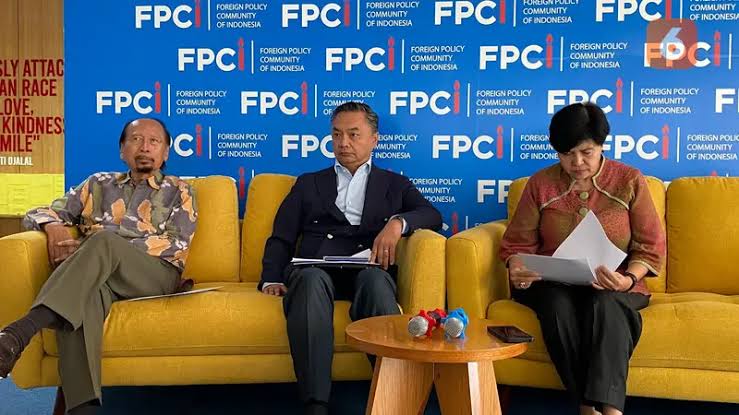





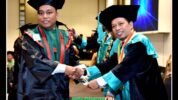

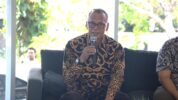


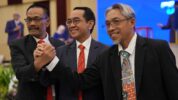
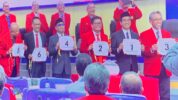




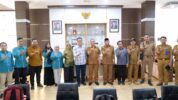

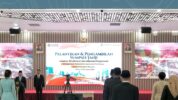
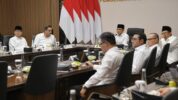
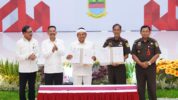
Tinggalkan Balasan